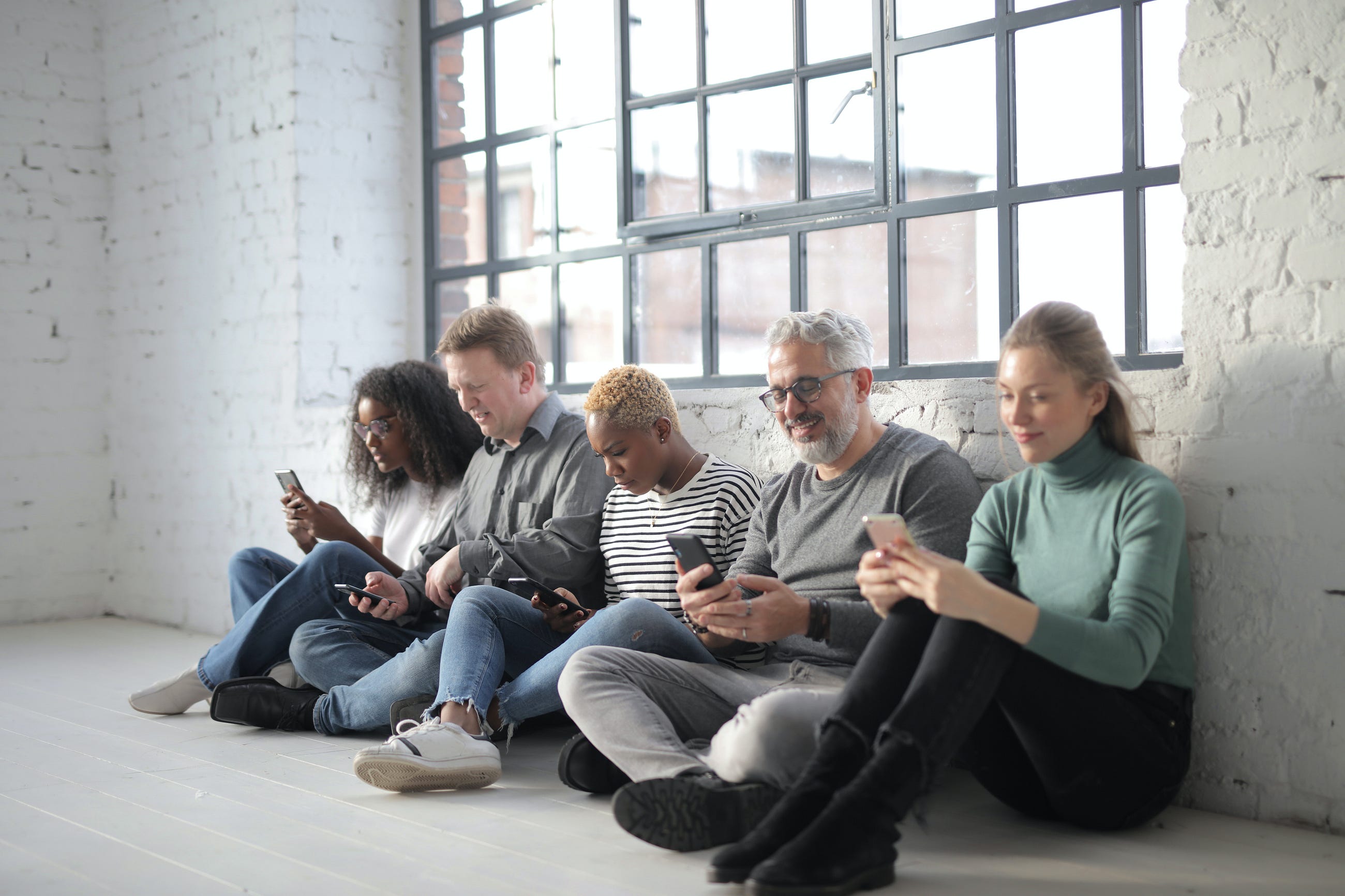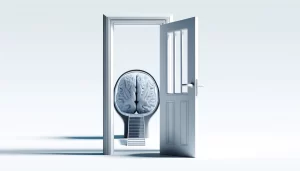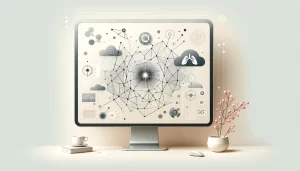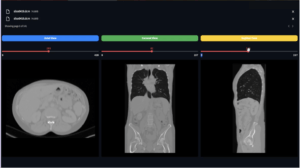Social media can be a positive or negative experience, depending on how you use it.

Social media has been a part of our lives for so long now that it’s become a trend. The use of social media has become a need for us to stay connected with the world. It has changed the way we interact and communicate with one another. Social media is no longer just a form of entertainment, but also a way to market and advertise your ideas, products, and services to your target audience.
As we spend more time on social media, we tend to like posts that make us feel good about ourselves and make us forget about the challenges in our lives. However, when we stop scrolling through Facebook or Instagram or Twitter, we face reality again; which could lead to feeling depressed because we don’t feel like what we post is enough and it doesn’t get as many likes as others.
Social Media and Your Mental Health: The Good
Social media can be a positive place for your mental health, if you use it the right way. It’s important to know what those benefits are and how to use them in a healthy way.
The best thing about social media is that it allows you to stay in touch with people from your past and make new connections with people from your present. You can share your thoughts and feelings with others on social media, which can help you develop a sense of belonging.
The more friends and family you have on social media, the easier it will be for you to cope with difficult feelings like loneliness or sadness. Social media also gives you access to resources that may not be available where you live.
Lastly, research has shown that using social media might improve your mental health by making you feel connected to others.
Social Media and Your Mental Health: The Bad
Using social media can be a double-edged sword. It can bring people together and it has the potential to make life better. But, there are many drawbacks to this type of technology. For example, social media can make people feel isolated and lonely when they compare themselves with other people who post pictures of their lives that seem perfect. It can cause an individual to become dissatisfied with their own life and body image. Additionally, scrolling through social media feeds could lead to envy and jealousy which in turn could cause someone’s mood and self-esteem to suffer.
This is why it is important for users of social media to have a healthy relationship with these platforms in order for it not negatively impact their mental health.
Social Media and Your Mental Health: The Ugly
Social media is not all about the glamorous events and selfies. It can also be a dark hole that you can get sucked into, leading to your mental health deteriorating.
1. One of the most famous examples is people comparing themselves to others on how successful they are. The competition creates a need for perfectionism, which in turn brings about insecurity and low self-esteem.
2. Sometimes, the people we see on social media are not even real people but bots, or digital versions of celebrities or influencers created by AI writers to make us buy things — like clothes or electronics — that we don’t need (and can’t afford).
3. Social media platforms such as Facebook and Twitter can be a double-edged sword. They enable you to connect with friends and family and promote your work, but if you take a negative comment the wrong way it can really affect your mental health.



